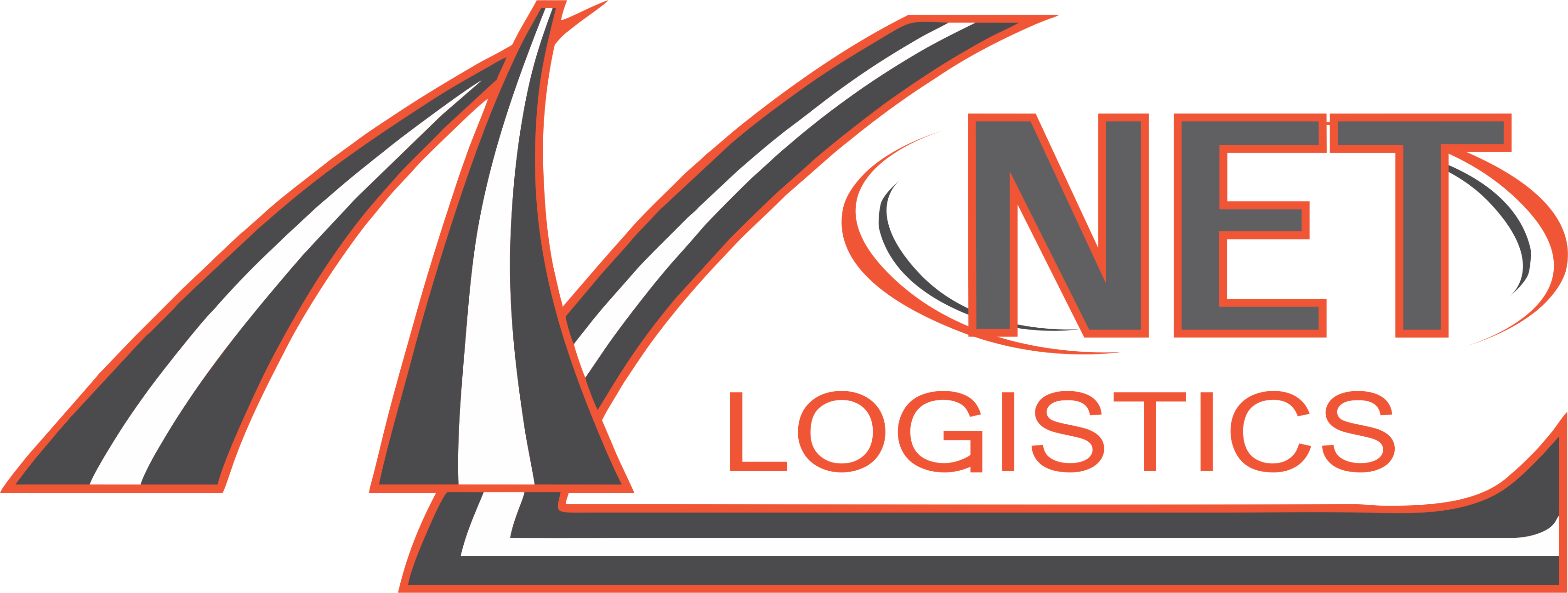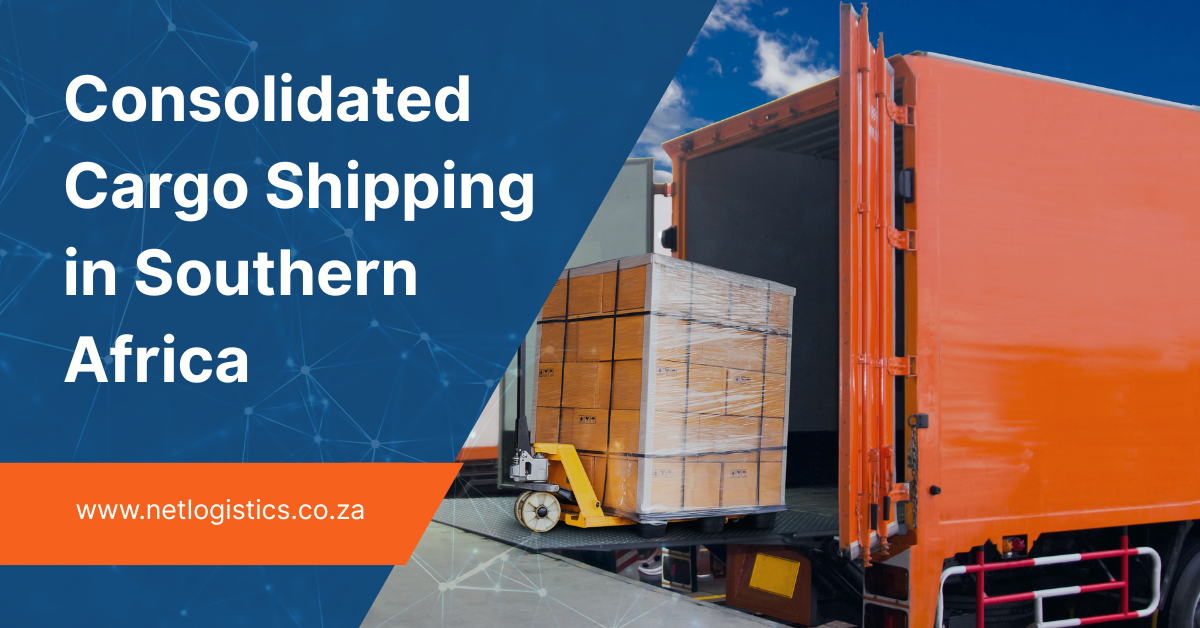In the dynamic landscape of Southern African trade, businesses often grapple with escalating freight costs, inefficiencies in handling low-volume shipments, delivery delays, limited visibility in logistics processes, and growing environmental concerns. For importers, exporters, and supply chain managers operating between South Africa, Zambia, and Zimbabwe, these challenges can impede growth and profitability.
Enter consolidated cargo shipping via road freight—a strategic solution designed to address these issues. By combining multiple smaller consignments onto a single truckload, businesses can optimize their logistics, reduce costs, and improve cross-border delivery efficiency.
What Is Consolidated Cargo Shipping?
Imagine carpooling for goods — but instead of passengers, it’s parcels, and instead of a car, it’s a truck. Just as people share a ride to cut fuel costs and reduce congestion, consolidated cargo shipping via road transport involves combining multiple clients’ goods onto one truckload.
While cargo is transported together, each client retains their own set of documents and customs clearances, ensuring full compliance and transparency. This method allows every business to pay only for the space their cargo occupies, offering cost savings, streamlined logistics, and improved delivery efficiency — particularly for low-volume, cross-border shipments.
Key Terms:
- LTL (Less than Truckload): Road freight where shipments don’t require an entire truck.
- LCL (Less than Container Load): Typically refers to ocean freight, but often misused interchangeably — in this context, NET Logistics does not provide sea freight services.
- Cargo Consolidation: The practice of grouping multiple individually-documented shipments for transport in a single truckload.
Industries Benefiting from Consolidated Cargo Shipping:
- Agricultural inputs
- Farming implements
- Mining
- FMCG
- Chemicals
- Manufacturing
For a deeper understanding of how freight consolidation works, you might find this video on Freight Consolidation insightful.
How Does the Consolidated Cargo Shipping Process Work?
At NET Logistics, consolidated cargo doesn’t mean bundling everything into one shipment — it means transporting multiple individually-cleared consignments on the same truck, efficiently and professionally. Here’s how the process unfolds:
Step-by-Step Flow:
- Pickup or Delivery to Warehouse: Goods are either collected from the supplier or delivered directly to our consolidation hub.
- Receipting: Each item is receipted into our system and tracked individually.
- Loading Authority: We liaise with each customer’s clearing agent in the importing country to obtain loading authorization.
- Load Tray Planning: Shipments are temporarily grouped in a “load tray” — a planning phase where compatible cargo (based on volume, destination, and regulatory requirements) is queued for dispatch. This step can take up to 3 days.
- Manifesting: Once the load tray is full, we generate a manifest with each client’s documents — including waybills, commercial invoices, Certificates of Origin, and any required export licenses. These are submitted to customs for pre-clearance.
- Pre-Alert & Clearance: All documentation is submitted to South African customs. Note: the entire truck must be cleared before dispatch — this is a key feature of consolidated loads and may lead to occasional delays.
- Truck Loading & Dispatch: Once everything is cleared, cargo is securely loaded onto a truck, and our driver is issued the necessary travel and delivery documents. Final delivery is coordinated with real-time tracking.
Our team specializes in cross-border logistics across Southern Africa, with proven expertise in managing this process efficiently.
Key Benefits of Consolidated Cargo Shipping for Southern African Businesses
1. Cost Savings
By sharing transportation costs among multiple shippers, businesses can significantly reduce expenses. This method eliminates the need to pay for unused space in trucks.
2. Improved Delivery Times
Consolidated shipments often follow optimized routes, leading to faster delivery times. This efficiency ensures that goods reach their destinations promptly.
3. Lower Carbon Footprint
Combining shipments reduces the number of vehicles on the road, leading to decreased fuel consumption and fewer emissions. This approach supports environmental sustainability.
4. Better Freight Security
Fewer handling points mean reduced risk of damage or loss. Consolidated shipments are often tracked more meticulously, enhancing security.
Our services extend to transport to Zambia and transport to Zimbabwe, ensuring comprehensive coverage across the region.
Common Challenges of Consolidated Cargo Shipping
- Finding Qualified Carriers: Ensuring that carriers can handle diverse types of goods across borders with compliance and reliability.
- Compatibility Issues: Some goods, like hazardous or fragile items, may not be suitable for consolidation due to legal or safety constraints.
- Longer Prep/Planning Times: Coordinating multiple shipments requires meticulous planning.
- Customs Complexities for Cross-Border: Navigating varying regulations across countries can be challenging. An added factor in consolidated cargo is that the full truckload must be cleared before it can be dispatched, which can occasionally result in delays.
For specialized needs, such as transporting hazardous materials, our team is equipped to handle the complexities involved.
LCL vs FCL: What’s Right for You?
Choosing between LCL (Less than Container Load) and FCL (Full Container Load) depends on your shipment volume, urgency, and budget. Although these terms are traditionally used in sea freight, they’re often referenced in logistics to illustrate the difference between shared and dedicated load capacity — a principle that also applies to road freight.
| Criteria | LCL (Less than Container Load) | FCL (Full Container Load) |
|---|---|---|
| Cost | Pay for space used; cost-effective for small shipments. | Flat rate for entire load; economical for high volumes. |
| Volume | Suitable for small to medium volumes. | Ideal for large volumes. |
| Speed | May have longer transit times due to consolidation. | Faster transit as the truck/load is dedicated. |
| Flexibility | High flexibility in shipping schedules. | Less flexible; requires full load. |
For more detailed insights, refer to the ICC Incoterms Guide.
How NET Logistics Simplifies Consolidated Cargo Shipping
NET Logistics brings regional expertise, particularly in Zambia, Zimbabwe, and through the Beitbridge corridor. As a dedicated cross-border road freight transporter, our consolidated cargo services are built on:
- Transparency: Clear communication throughout the logistics process
- End-to-End Service: Managing everything from warehouse receipt to final-mile delivery
- Scheduling Accuracy: Reliable planning and dispatch supported by operational visibility
As a leader in Southern African logistics, learn more about who we are and what we do.
Is Consolidated Cargo Shipping Right for Your Business?
Consider the following questions:
- How much freight do you ship monthly?
- Which regions are your primary shipping destinations?
- Do you frequently move small volumes of goods across borders?
- Are you looking to reduce costs, improve security, and support sustainability?
If you answered yes to any of these, consolidated cargo shipping may be exactly what your business needs.
Ready to start?
Need help with consolidated cargo shipping?
What is consolidated cargo shipping?
Consolidated cargo shipping refers to transporting multiple smaller shipments from different customers together on one truck. Each client’s goods are handled and documented separately but share the same vehicle, reducing costs while ensuring compliance.
How does consolidated cargo shipping benefit SMEs in Southern Africa?
It allows small to medium-sized businesses to access reliable cross-border transport without paying for a full truckload. It’s ideal for frequent, lower-volume shipments between South Africa, Zambia, Zimbabwe, and beyond.
Are there any risks associated with consolidated cargo shipping?
Yes — delays can occur if the truck cannot be dispatched until all shipments are cleared. There’s also the need for compatible cargo, and fragile or hazardous items may require special handling. That said, working with an experienced consolidator like NET Logistics helps minimize these risks.
Can I ship hazardous materials using consolidated cargo shipping?
Shipping hazardous materials via consolidated cargo shipping is possible but requires Yes, but strict regulations apply. NET Logistics is certified and equipped to handle hazardous materials safely and in compliance with cross-border laws.
What’s a load tray in logistics?
A load tray is a planning phase where compatible shipments are grouped together for a consolidated truckload. It typically takes up to three days to fill a load tray, depending on cargo type and volume.
What does manifesting mean in this context?
Manifesting involves creating an official list of all cargo on the truck, including each client’s documents: commercial invoice, Certificate of Origin, waybill, and any required permits. This step ensures customs clearance and regulatory compliance before dispatch.
How do I decide between consolidated cargo and dedicated truckload?
If your cargo doesn’t fill a full truck, consolidated freight is likely the more cost-effective option. For high-volume or urgent deliveries, a dedicated load may be better. NET Logistics can help you decide based on your needs.

